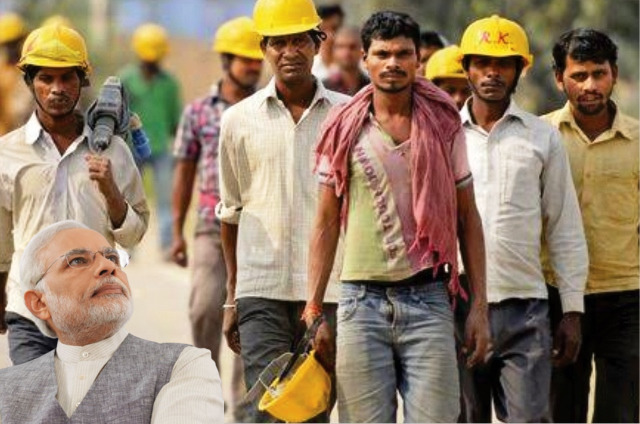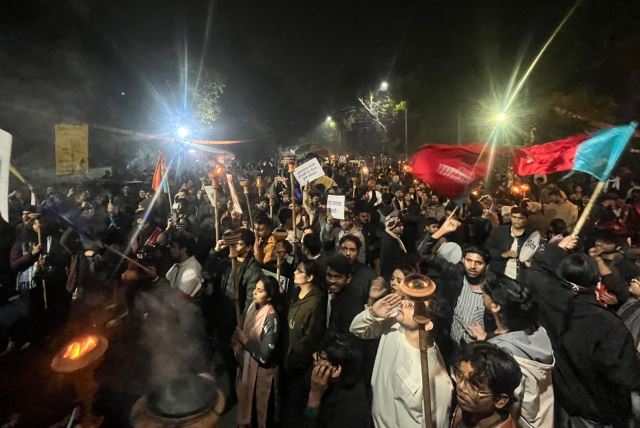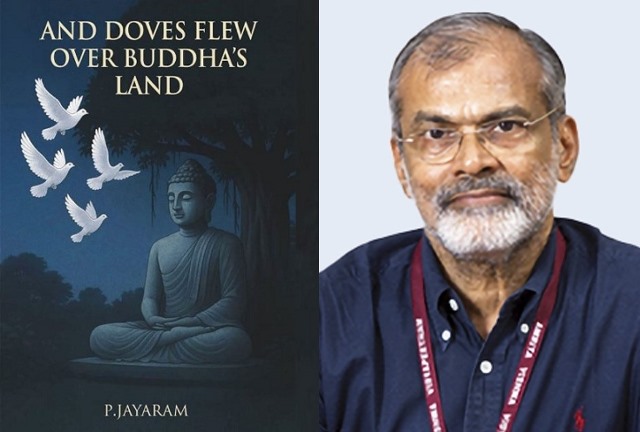
Job Creation Will Remain Narendra Modi’s Biggest Challenge
One of the recurring refrains in Narendra Modi’s campaign speeches before the elections this year was about how during his past two terms, India grew to become the fifth largest economy in the world after the US, China, Japan, and Germany; and of how, if he won a third term, he would revolve to make it the third largest. The other vision he spoke of was Viksit Bharat 2047, a goal of making India a developed economy by 2047.
After becoming Prime Minister for the third time last month, he has repeated those themes. Last week, speaking in the Rajya Sabha during the motion of thanks following the President’s address, Modi said: “Our economy has moved from the 10th position in the world to the fifth spot and we have now got the mandate to make India the third largest economy.” Once India became the third-largest economy, the Prime Minister said, it would have an impact
Not only domestically but also on the global level, and he re-emphasised his resolve to make India a developed and self-reliant economy.
Given the rate at which India is growing–official figures show that it clocked a rate of 8.2% in the financial year 2023-24–becoming the third largest economy by overtaking Germany and Japan would likely become a reality in the not-so-distant future. What is not certain, however, is what the impact of that sort of growth will be for the average Indian.
Inflation, Unemployment & Poverty Persist
In recent years, India’s economy has grown at rates higher than any other large economy in the world. That is no mean achievement for a nearly $4-trillion economy. Yet, the impact of that sort of growth even as it has dramatically improved its position on the global pecking order seems to have meant little for its people. A post-poll survey done by the Delhi-based think tank, the Centre for Study of Development Studies (CSDS) found that the three biggest complaints by voters were inflation (listed by 24% of respondents); growing unemployment (23%); and increasing poverty (11%).
India’s growth has been lopsided. While aggregate GDP has grown impressively, employment generation in the organised sector has not kept pace; and, partly as a consequence, inequality has grown, resulting in the persistence of poverty among millions of Indians even as the number of dollar billionaires in India has soared to 200.
ALSO READ: Why Modi 3.0 Won’t Implode, But I.N.D.I.A. Might
The contrast is jarring. There are fabulously rich Indians who frequently hit the headlines with their splashy lifestyles. The London Times recently wrote about how a cruise ship packed with 800 revellers celebrating an opulent pre-wedding party of a scion of one of India’s richest families stirred complaints from residents of an Italian port city when music from its blaring loudspeakers disturbed the peace into the wee hours of the morning.
On the other hand, there are millions of Indians who could fall into abject poverty without the free food rations, subsidies for cooking gas, and schemes that guarantee 100 days work for rural workers. These are at best band-aid solutions and not sustained or assured jobs.
Lack of organised sector jobs
Of an estimated 570 million people who make up the Indian workforce, more than 80% (some estimates suggest it could be 90%) make their living in the unorganised or informal sector, most of them in the rural areas. In the informal sector, jobs lack formal contracts, benefits such as paid leave, or even minimum wages. These informal jobs could be activities such as street vending, home-based micro-businesses, shop workers, domestic servants, etc. In fact, having a job in the informal sector could be akin to being jobless.
One of the reasons for the BJP’s poor showing in this year’s election may have been deep disillusionment with the poor quality of life that millions of Indians have to suffer. Promises of making India the third largest economy in the world, or of making it a developed country by 2047 can ring hollow for millions of people who have to depend on free food rations and subsidies to be able to barely sustain their lives.
Job Creation: A Persistent Challenge
Employment generation has been a persistent challenge in India because of a complex interplay of factors. First, there is what you could call a demographic dividend mismatch. India has a large, young population entering the workforce each year (estimates vary from 5 to 10 million) but job creation hasn’t kept pace with this growth.
Second, there is often also a mismatch between the skills possessed by job seekers and those required by employers, particularly in emerging sectors. Third, while enrollment rates in educational institutions have improved, the quality of education often doesn’t adequately prepare graduates for the job market.
Also, India’s GDP growth has come mainly from the services sector, which generates less employment than manufacturing. Unlike some other developing countries, India hasn’t seen a massive expansion in labor-intensive manufacturing to absorb its growing workforce. Moreover, increasing automation in various sectors has reduced the need for low-skilled workers in some industries. While these are the most important factors limiting job growth, there are other reasons too such as regional disparities, infrastructure constraints and so on that make it a challenging problem.
All Eyes On the Next Budget
In a few weeks, India’s finance minister Nirmala Sitharaman will present the first Budget of the Modi government’s third term. While many will look for what incentives it has for spurring investment and sustaining the high growth rate, all eyes will be on what steps the government takes to encourage employment generation.
The task is a complex one. India has to enhance and improve the quality of its vocational training programmes and align educational curricula with what is needed by industry whose involvement in the training programmes could be crucial.
India may have the disadvantage of being a late-starter but boosting manufacturing in some sectors by attracting more foreign investment, developing more special tax-incentivised zones, and supporting small and medium enterprises could help. Encouragement of labour-intensive sectors, and a renewed focus on agricultural productivity would also be needed.
To be sure, many of these measures have been tried in the past. For instance, the Modi government introduced the Make In India scheme, which offered incentives to invest in manufacturing, but the results have not been impressive.
The challenge of job creation is a complex and difficult one but without jobs and a tangible improvement in the lives of the average citizen, lofty goals such as Viksit Bharat or becoming the third largest economy could become cruel jokes made at the expense of millions of Indians in the world’s most populous nation.
For more details visit us: https://lokmarg.com/



